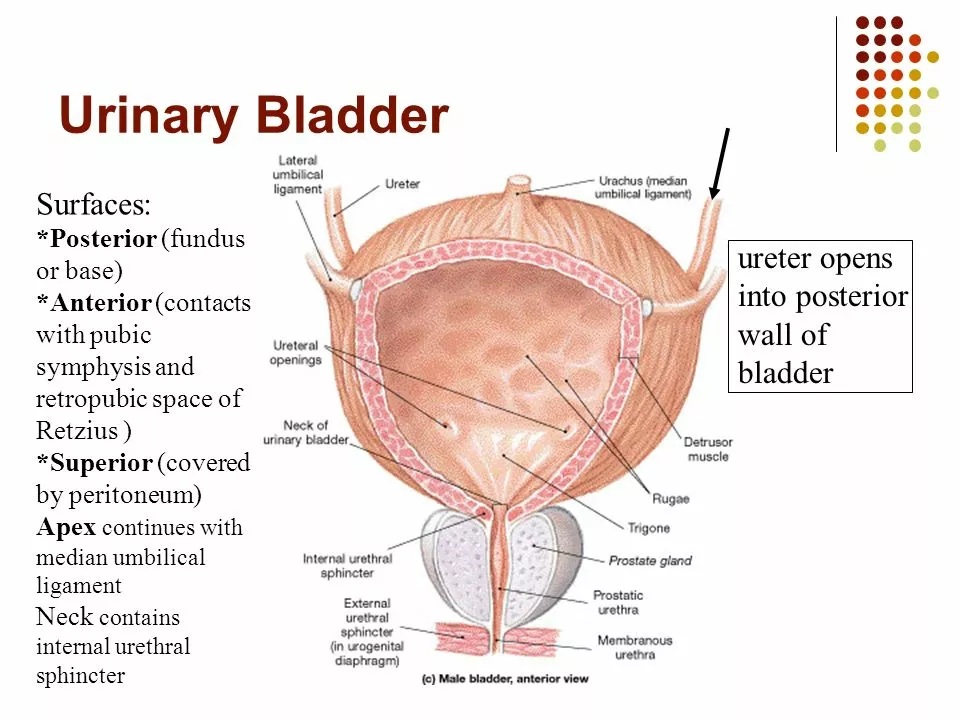Aging & Your Health: Practical Tips, Science-Backed Solutions, and What Really Works
Aging sneaks up before you know it—aches take longer to disappear, sleep changes, and suddenly skincare ads pop up everywhere. Everyone talks about "healthy aging," but what does that actually mean when you're making choices about medications, supplements, and day-to-day routines? It's not about chasing youth but making smart calls that actually help you feel your best in real life, not just on paper.
Tired of all the buzzwords and miracle claims? Here’s the truth: the most effective moves are usually simple tweaks that fit your lifestyle, not extreme diets or expensive treatments. For example, staying active—even if that just means regular walks and stretching—does more for joint health than most fancy supplements. If you're eyeing over-the-counter meds for aches or sleep, know that even common ones like ibuprofen or antihistamines can hit harder as you age, messing with blood pressure or causing drowsiness that lingers. Always double-check with your pharmacist before mixing new stuff into your daily routine. It’s not about paranoia; it’s about staying sharp and safe.
Medication confusion ramps up with age—there’s no shame in struggling to keep track, especially if doctors keep switching your prescriptions. Try pill organizers or pharmacy apps. Services like SingleCare or GoodRx can slash your pharmacy bill, sometimes by half. If you're not using them, you're leaving money on the table. Want alternatives to pricier or harder-to-find meds? Articles here break down safe swaps for popular prescriptions, so you can have an informed talk with your doctor rather than just hoping for the best.
Supplements are another minefield. Choices range from peony extract for mood support to parsley piert for digestion, and they’re everywhere online. Before jumping in, look for supplements backed by real science or medical history, not celebrity hype or miracle promises. And just because something is “natural” doesn’t make it harmless—especially as your metabolism and liver change with age. Get the facts, weigh the risks, and don’t hesitate to ask your provider what works best for bodies over 40 or 50.
Aging also means more time managing chronic conditions, from blood thinners like Coumadin to new alternatives for pain relief, even options for ADHD or depression. Don’t get overwhelmed. Find clear guides here that break down what these meds do, common side effects, and what people notice in the real world—so you won’t get blindsided. Plus, if you’re hunting for safe ways to buy medication online or want legit advice on pharmacy discounts, you’ll find all that without the runaround.
So, if you want straight answers on medication, affordable ways to support healthy aging, or just real voices explaining what works (and what really doesn’t), you’re in the right place. Skip the myths; stick to solutions that bring lasting results.
Oxybutynin and Aging: Addressing Bladder Issues in Older Adults
As we age, it's not uncommon for bladder issues to arise, and one treatment option that has proven helpful is the use of oxybutynin. This medication works to alleviate symptoms such as frequent urination and urgency, giving older adults more control over their bladder. It's essential to consult with a healthcare provider to determine if oxybutynin is the right choice for your needs, as there may be side effects or interactions with other medications. Overall, this medication can significantly improve the quality of life for older adults struggling with bladder issues. It's important to address these concerns early on to maintain a healthy and active lifestyle.
